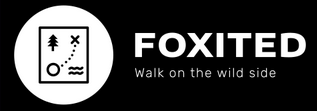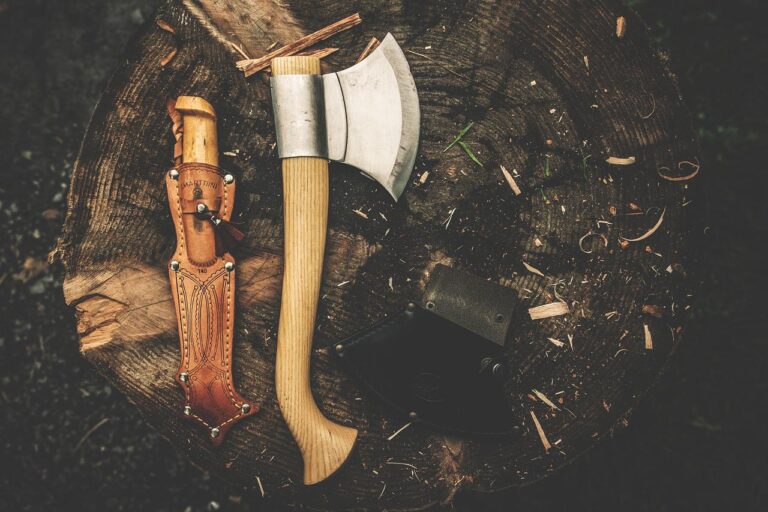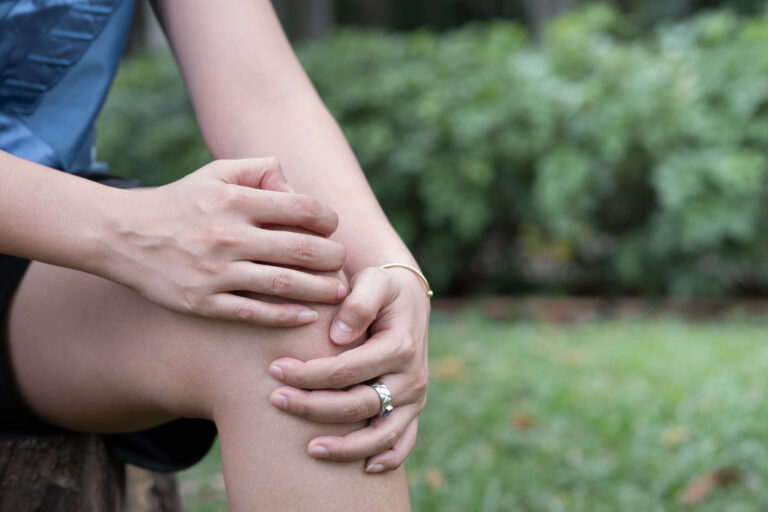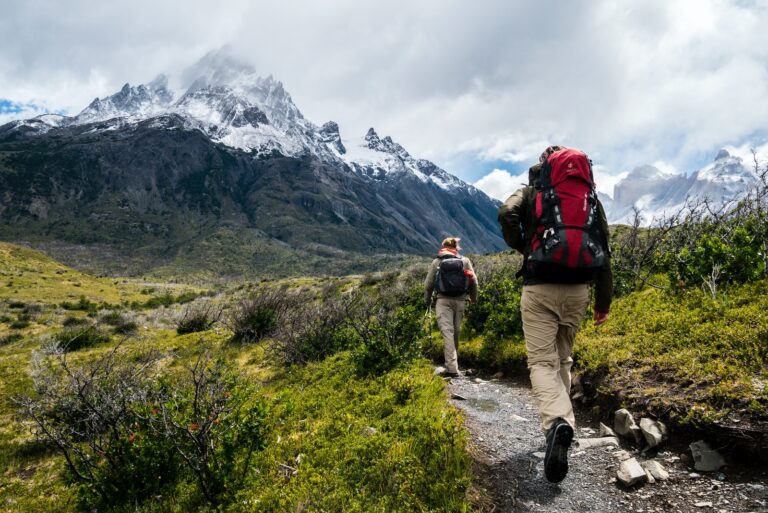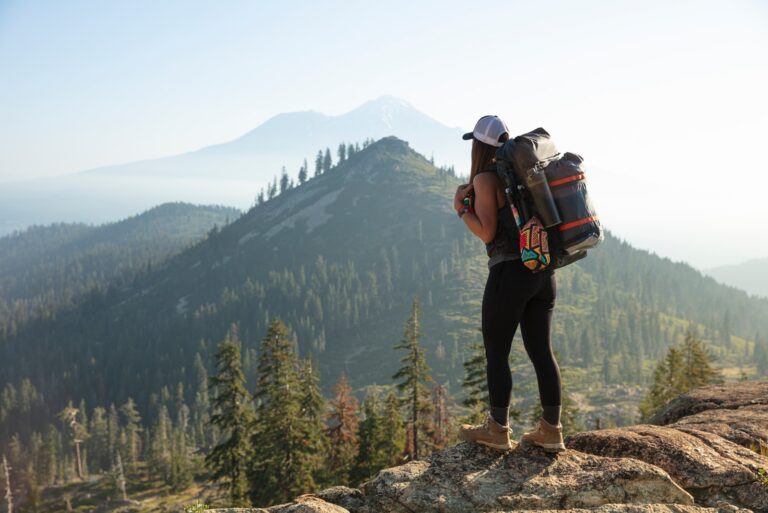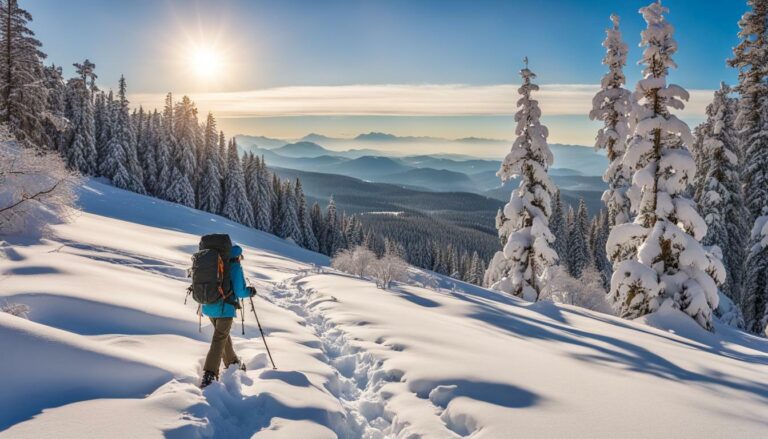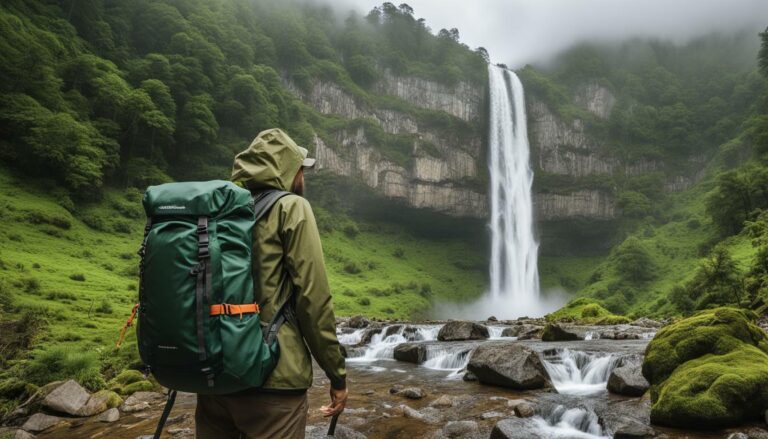Essential Guide to the Best Hiking Gear for Beginners
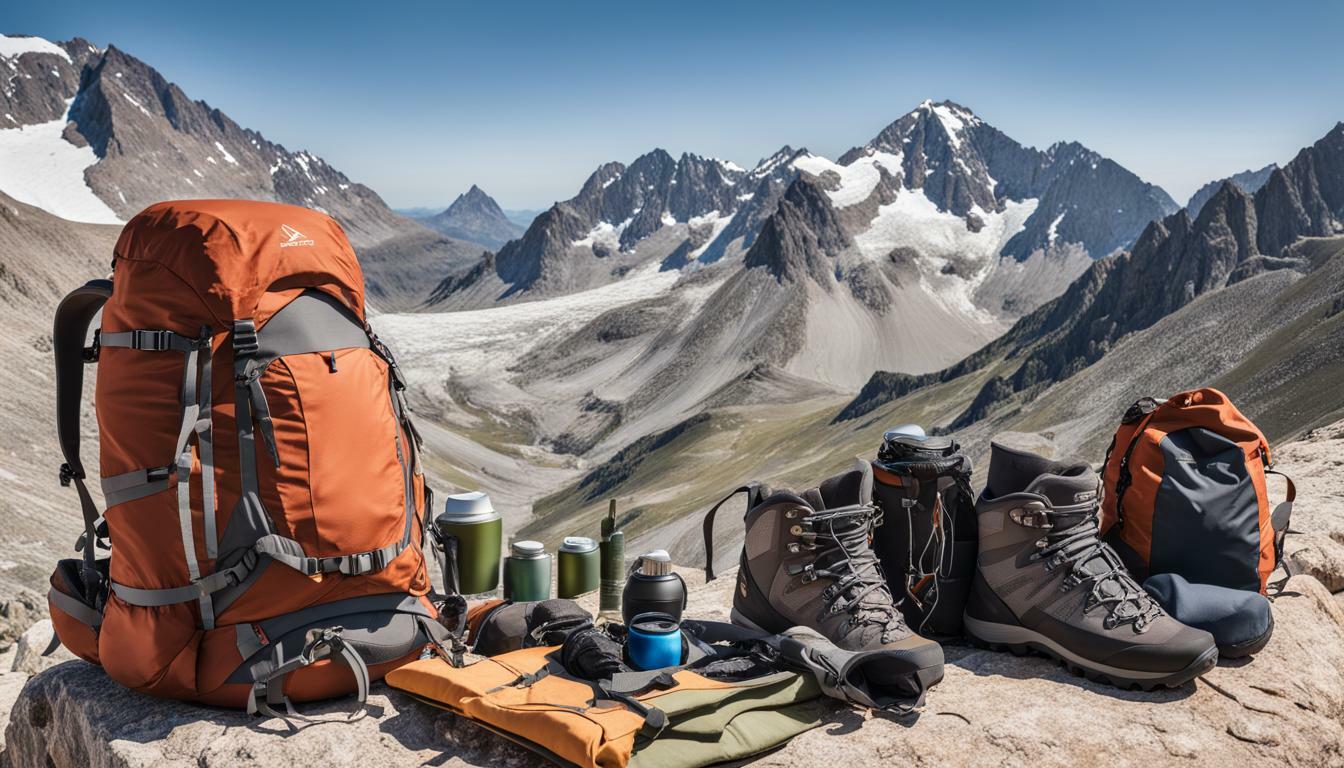
Welcome, outdoor enthusiasts! Hiking is a fantastic way to stay active, enjoy nature, and explore new places. However, it’s important to have the right gear to fully enjoy the experience. As a beginner, selecting your equipment can be daunting. That’s where we come in – we’re here to guide you through the process.
Investing in quality hiking gear will significantly enhance your experience as a beginner. Our guide will provide you with a comprehensive overview of the essential gear items you need to get started. We’ll also offer tips on choosing the right equipment, maintaining it, and staying safe on your hikes.
Key Takeaways:
- Investing in high-quality hiking gear is essential for a positive and enjoyable hiking experience.
- Beginners must prioritize comfort, safety, and ease of use when selecting their equipment.
- Choosing the right gear requires knowledge on factors such as durability, functionality, and fit.
- Adapting gear to different seasons and terrains is crucial for proper preparation and safety.
- Maintaining hiking gear is necessary to ensure optimal performance and longevity.
- Finally, beginners must be aware of common mistakes to avoid when selecting and using their hiking gear.
Hiking Gear Essentials for Novice Hikers
Are you new to hiking and wondering what gear to bring along? Proper hiking gear is crucial for a safe and enjoyable outdoor experience. Here are the essential items you should consider for your first hiking trip:
| Item | Description |
|---|---|
| Hiking Boots/Shoes | Invest in a sturdy, waterproof pair of hiking boots or shoes with good traction for various terrains. |
| Backpack | Choose a backpack that fits comfortably and has enough space for your gear, snacks, and water. Look for one with hip and chest straps for added support. |
| Clothing | Dress in layers that can be easily removed or added based on the weather conditions. Look for moisture-wicking and breathable fabrics to keep you dry and comfortable. |
| Navigation Tools | Carry a map and compass, or use a GPS system or hiking app on your phone. |
| Hydration System | Bring enough water for your trip, plus a water filtration system if necessary. Consider bringing electrolyte-replacement drinks or tablets for longer hikes. |
By choosing the right hiking gear essentials, you’ll be prepared for your upcoming outdoor adventure and have a great first experience on the trails.
Must-Have Hiking Equipment for Beginners
As a beginner hiker, it’s essential to have the right hiking gear to ensure a comfortable and safe experience. Here are some must-have hiking gear items that make it easier for novice hikers to get started on their outdoor adventures:
| Hiking Equipment | Description |
|---|---|
| Trekking Poles | These offer stability, prevent falls, and ease strain on joints and muscles. They’re especially useful when hiking on uneven terrain or steep inclines. |
| Headlamp | It’s important to have a reliable source of light when hiking in low-light conditions or at night. A headlamp leaves your hands free for other tasks and provides a broader beam of light compared to a handheld flashlight. |
| First Aid Kit | Accidents can happen on the trail, and it’s crucial to have a first aid kit on hand to handle minor injuries and ailments. Kits should include bandages, antiseptic wipes, pain relievers, and moleskin for blisters. |
| Camping Gear | For multiday trips, camping gear such as a tent, sleeping bag, and camp stove are necessary. Choose beginner-friendly options that are easy to set up and use. |
These essential hiking gear items provide comfort, safety, and ease of use for novice hikers. Investing in these items helps to ensure a positive outdoor experience.
Top-Rated Hiking Gear for Newcomers
Choosing the right hiking gear can be overwhelming, especially for beginners. With so many options available, it’s hard to know where to start. That’s why we’ve compiled a list of top-rated hiking gear specifically tailored for newcomers. These gear items have received high ratings, positive customer feedback, and have been tested and approved by experienced hikers.
Trekking Poles
Trekking poles are an essential gear item that helps hikers maintain balance and stability. Our top recommendation for trekking poles is the Black Diamond Trail Ergo Cork Trekking Poles. These poles are made from durable aluminum, have ergonomic and comfortable grips, and adjustable straps. Their cork handles provide a comfortable, sweat-wicking grip, and their dual FlickLocks allow for easy length adjustment.
Hiking Boots
Investing in a high-quality pair of hiking boots is crucial for comfort and safety. Our top recommendation for hiking boots is the Salomon X Ultra 3 Mid GTX. These boots have a comfortable and supportive fit, a durable Gore-Tex waterproof membrane to keep your feet dry, and a sturdy outsole for superior traction. They are also lightweight and breathable, making them suitable for long hikes.
Backpacks
A good backpack is essential for carrying all your hiking gear. Our top recommendation for backpacks is the Osprey Talon 22 Backpack. This backpack is lightweight, comfortable, and versatile. It has a large main compartment, zippered hip-belt pockets, and mesh side pockets for storing water bottles. Its back panel is made from breathable mesh, keeping you cool during long hikes.
Hydration Systems
Staying hydrated during a hike is crucial for safety and comfort. Our top recommendation for hydration systems is the CamelBak M.U.L.E. Hydration Pack. This pack has a 3-liter water reservoir, is lightweight and comfortable, and has plenty of storage space for other essentials. Its magnetic tube trap keeps your hydration tube secure and allows for quick access to your water.
Headlamps
A good headlamp is crucial for staying safe during night hikes or unexpected delays. Our top recommendation for headlamps is the Black Diamond Spot Headlamp. It has a powerful beam that can reach up to 300 lumens, is water-resistant, and has multiple settings for brightness and distance. Its red light mode helps preserve night vision and its PowerTap technology allows for easy brightness adjustments.
Investing in top-rated hiking gear can make all the difference for beginners starting their hiking journey. By choosing high-quality gear that has been tested and approved by experienced hikers, beginners can enjoy a safe and comfortable hiking experience.
Budget-Friendly Hiking Gear for Starters
Starting your hiking journey doesn’t have to break the bank. With a little research and smart shopping, you can find quality gear that fits your budget. Here are some affordable hiking gear options for beginners:
| Hiking Boots | Trekking Poles | Headlamps |
|---|---|---|
| Tip: Look for discounted hiking boots from the previous season. They may not be the latest model, but they can still provide excellent support and durability. | Tip: Consider aluminum trekking poles instead of carbon fiber. They are more affordable and still offer good stability and comfort. | Tip: Opt for a basic headlamp with standard brightness and functionality. You can always upgrade later if needed. |
- Backpack: Look for backpacks with a simple design and a reasonable capacity (around 20-30 liters). Avoid extra features that can add to the cost.
- Clothing: Check thrift stores or online secondhand shops for hiking clothes. Look for synthetic or merino wool fabrics that are breathable and moisture-wicking.
- Navigation Tools: Instead of a GPS device, consider using a paper map and compass. They are more affordable and can help you develop important navigation skills.
- Hydration System: Use a reusable water bottle instead of a hydration bladder. They are cheaper and easier to clean and maintain.
Remember, affordability doesn’t have to mean sacrificing quality. With these tips, you can find hiking gear that fits your budget while still providing comfort, safety, and ease of use for your next adventure.
Choosing the Right Hiking Gear: Factors to Consider
Choosing the right hiking gear is crucial for a comfortable and safe outdoor experience. Here are some factors beginners should consider when selecting hiking gear:
- Durability: Look for gear made of sturdy materials that can withstand the wear and tear of hiking.
- Fit: Proper fit is essential for gear such as boots, backpacks, and clothing. Ill-fitting gear can cause discomfort and injuries.
- Weight: Consider the weight of the gear, as excessive weight can cause fatigue and slow a hiker down.
- Functionality: Make sure gear functions effectively and is easy to use, especially for emergency situations.
- Season and terrain: Adapt gear to the season and terrain of the hike, such as waterproof gear for rainy seasons or lighter gear for warmer weather.
It’s essential to research and read reviews before purchasing gear to ensure its quality and suitability for your needs. Additionally, seeking advice from experienced hikers and visiting outdoor retailers can aid in choosing the right gear.
Hiking Gear for Different Seasons and Terrains
When it comes to hiking, choosing the right gear depends on the season and terrain you’ll be exploring. Different conditions require different equipment to ensure your safety and comfort on the trails. Here are some tips on selecting the appropriate gear for different seasons and terrains.
Hiking Gear for Summer
Summer hiking calls for lightweight and breathable gear to keep you cool and comfortable on the trails. Consider investing in a quick-drying and moisture-wicking shirt and pants to prevent sweat buildup. A wide-brimmed hat and sunglasses will provide essential sun protection, and a reliable sunscreen with at least SPF 30 is a must-have. Additionally, lightweight hiking boots or trail running shoes will be your best bet for summer hikes.
Hiking Gear for Winter
Winter hikes require warm and insulated gear to protect you from the cold. Invest in waterproof and insulated boots, high-quality thermal layers, and gloves and hats that cover your ears and hands. Additionally, make sure to pack enough food and water to keep you warm and energized throughout your winter hikes.
Hiking Gear for Different Terrains
The terrain you’ll be hiking on plays a significant role in the gear you’ll need. For mountainous trails, bring trekking poles, a durable backpack, and a reliable navigation tool. For forest hikes, light-colored clothing and insect repellent will help keep you protected from ticks and other insects. For deserts, aim for loose, breathable clothing and a wide-brimmed hat to protect yourself from the sun.
Hiking Gear for Beginners: Tips for Proper Gear Maintenance
Now that you have invested in high-quality hiking gear essentials and set off on your outdoor adventure, it is essential to take care of your gear. Proper maintenance of your outdoor equipment for beginners can help prolong its lifespan, ensuring it remains in optimal condition for future hikes. Here are some tips to keep in mind:
Clean your gear after every hike
After every hike, clean your gear thoroughly to remove dirt, sweat, and bacteria. Use a soft brush to remove dirt and a damp cloth to wipe down the surfaces. If your gear is machine washable, follow the manufacturer’s instructions for cleaning. Avoid using harsh detergents, fabric softeners or bleaches as they can damage your gear’s materials.
Store your gear properly
Proper storage of your hiking gear essentials is essential for preventing damage and decay. Store your gear in a cool, dry place, away from direct sunlight, moisture or heat sources. Avoid storing your gear in damp or humid locations as it can promote the growth of mold and mildew. Make sure your gear is completely dry before storing it away.
Repair any damage immediately
If you notice any damage to your outdoor equipment for beginners, such as tears, rips, or broken zippers, fix them immediately. Small damages can quickly turn into significant problems if left untreated. Inspect your gear thoroughly after every hike to check for any wear and tear.
Maintain your gear regularly
Regular maintenance of your hiking gear can help keep it in optimal condition for longer. Lubricate zippers and snaps with silicone spray and re-waterproof your gear as needed. Check straps, buckles, and fastenings to ensure they are working correctly.
By following these simple tips for proper gear maintenance, you can ensure your hiking gear essentials remain in the best condition for future adventures. Taking care of your gear can also save you money in the long run, as you won’t have to replace your gear frequently.
Essential Hiking Safety Tips for Beginners
When it comes to hiking, safety should always be a top priority. As a beginner, it’s important to equip yourself with the right gear to ensure your well-being while on the trail. Here are some essential hiking safety tips to keep in mind:
1. Always Carry a Map and Compass
Before you hit the trail, make sure you have a detailed map of the area you’ll be hiking in, as well as a compass. Familiarize yourself with the map beforehand, and use the compass to orient yourself and stay on the right path. This will help you avoid getting lost and ensure you reach your destination safely.
2. Stay Hydrated
Dehydration is a common problem when hiking, especially in hot weather. Make sure you bring plenty of water with you, and drink regularly throughout the hike. Consider investing in a hydration system, such as a hydration bladder or water bottle with a built-in filter, for easy access to clean water on the trail.
3. Dress Appropriately for the Weather
It’s important to dress appropriately for the weather conditions you’ll encounter on the trail. This means wearing layers that can be added or removed as needed, and choosing clothing that will keep you dry and comfortable. Consider investing in moisture-wicking clothing and waterproof gear for rainy or snowy weather.
4. Pack a First Aid Kit
Accidents can happen on the trail, so it’s important to be prepared. Always carry a well-stocked first aid kit with you, including items such as bandages, gauze, tweezers, and antiseptic wipes. Consider taking a wilderness first aid course to learn more about treating common hiking injuries.
5. Check the Weather Forecast
Before you set out on your hike, check the weather forecast to ensure you’re prepared for any conditions you might encounter. Avoid hiking in extreme heat, cold, or storms, and be prepared to adjust your plans if the weather takes a turn for the worse.
6. Don’t Hike Alone
Finally, it’s always a good idea to hike with a partner or in a group, especially as a beginner. Not only does this provide extra safety in case of emergencies, but it also makes the hiking experience more enjoyable. If you do hike alone, be sure to tell someone where you’re going and when you expect to return.
By following these essential hiking safety tips and investing in beginner-friendly hiking gear, you can enjoy a safe and rewarding hiking experience. Happy trails!
Hiking Gear for Beginners: Common Mistakes to Avoid
Choosing the right hiking gear can be overwhelming, especially for beginners. It’s easy to make mistakes that can ruin your hiking experience. Here are some common mistakes to avoid when selecting hiking gear essentials:
1. Overspending
One of the biggest mistakes beginners make is overspending on gear. It can be tempting to buy expensive equipment, thinking it’ll be better and last longer. However, high prices don’t always guarantee quality. Start with affordable gear and upgrade as necessary, based on your hiking experience.
2. Ignoring Gear Reviews
Reading online reviews can help you decide which gear to purchase. It’s essential to understand what others have experienced with the gear before you make a purchase. Check out reviews from other beginners who are also on a budget.
3. Improper Gear Usage
Using improper gear can be dangerous and can ruin the hiking experience. Make sure to use the gear as it’s intended and understand how to use each piece correctly. Don’t be afraid to ask for help or advice from more experienced hikers.
4. Choosing the Wrong Size
Getting the wrong size can cause discomfort and negatively affect the hiking experience. Always try on gear before purchasing, especially items like hiking boots and backpacks. Ensure that the fit is snug and comfortable, but not too tight or loose.
5. Not Considering the Weather
Weather conditions can change quickly during a hike. Not having the proper gear such as waterproof clothing and shoes can make the experience miserable. Always check the forecast before heading out and pack according to the weather conditions.
6. Not Preparing for Emergencies
Being prepared for emergencies is critical to your safety during a hike. Make sure to pack a first aid kit, a map and compass, a headlamp, and an emergency whistle. Learn basic survival skills and be prepared for the unexpected.
By avoiding these common mistakes, you can ensure that you are equipped with the best beginner hiking gear and have a positive hiking experience.
Conclusion
Investing in the best hiking gear for beginners can greatly enhance your outdoor experience. By choosing gear that is tailored to your needs, you can ensure comfort, safety, and ease of use on your hiking adventures. Remember to consider factors such as durability, fit, weight, and functionality when selecting your gear.
Proper maintenance of your gear is also important to ensure its longevity and optimal performance. Regular cleaning, storage, and maintenance routines can help you get the most out of your equipment.
By avoiding common mistakes such as overspending, ignoring gear reviews, and improper usage, you can enjoy a positive and rewarding hiking experience. Always prioritize safety when hiking by being prepared for emergencies, navigating effectively, staying hydrated, and dressing appropriately for the weather conditions.
Equip Yourself for Adventure
Now that you have a better understanding of the best hiking gear for beginners, go out and explore the great outdoors. Remember to choose gear that is suited to your needs and budget, and don’t forget to take care of your equipment to ensure a long and fulfilling life. Happy trails!
FAQ
Q: What are the benefits of investing in high-quality hiking gear for beginners?
A: Investing in high-quality hiking gear can enhance the overall hiking experience for beginners. It ensures comfort, durability, and functionality, allowing hikers to focus on enjoying the outdoors without being hindered by uncomfortable or unreliable equipment.
Q: What factors should beginners consider when choosing hiking gear?
A: Beginners should consider factors such as durability, fit, weight, and functionality when choosing hiking gear. These factors impact the overall hiking experience and can make a difference in comfort, safety, and ease of use.
Q: Are there budget-friendly hiking gear options for beginners?
A: Yes, there are budget-friendly hiking gear options for beginners. By exploring cost-effective alternatives, beginners can find quality equipment that fits within their budget. Additionally, tips on finding deals, sales, and discounts can help beginners get the best value for their money.
Q: How can beginners properly maintain their hiking gear?
A: Proper maintenance of hiking gear involves cleaning, storage, and regular maintenance routines. By taking care of their gear, beginners can prolong its lifespan and ensure that it remains in optimal condition for future hikes.
Q: What are some essential hiking safety tips for beginners?
A: Some essential hiking safety tips for beginners include being prepared for emergencies, having proper navigation tools, staying hydrated, and choosing suitable clothing for different weather conditions. These tips help ensure the well-being of hikers during their outdoor adventures.
Q: What are common mistakes to avoid when choosing or using hiking gear?
A: Common mistakes to avoid when choosing or using hiking gear include overspending, ignoring gear reviews, and improper gear usage. By identifying and addressing these mistakes, beginners can have a positive and enjoyable hiking experience without unnecessary frustrations.
